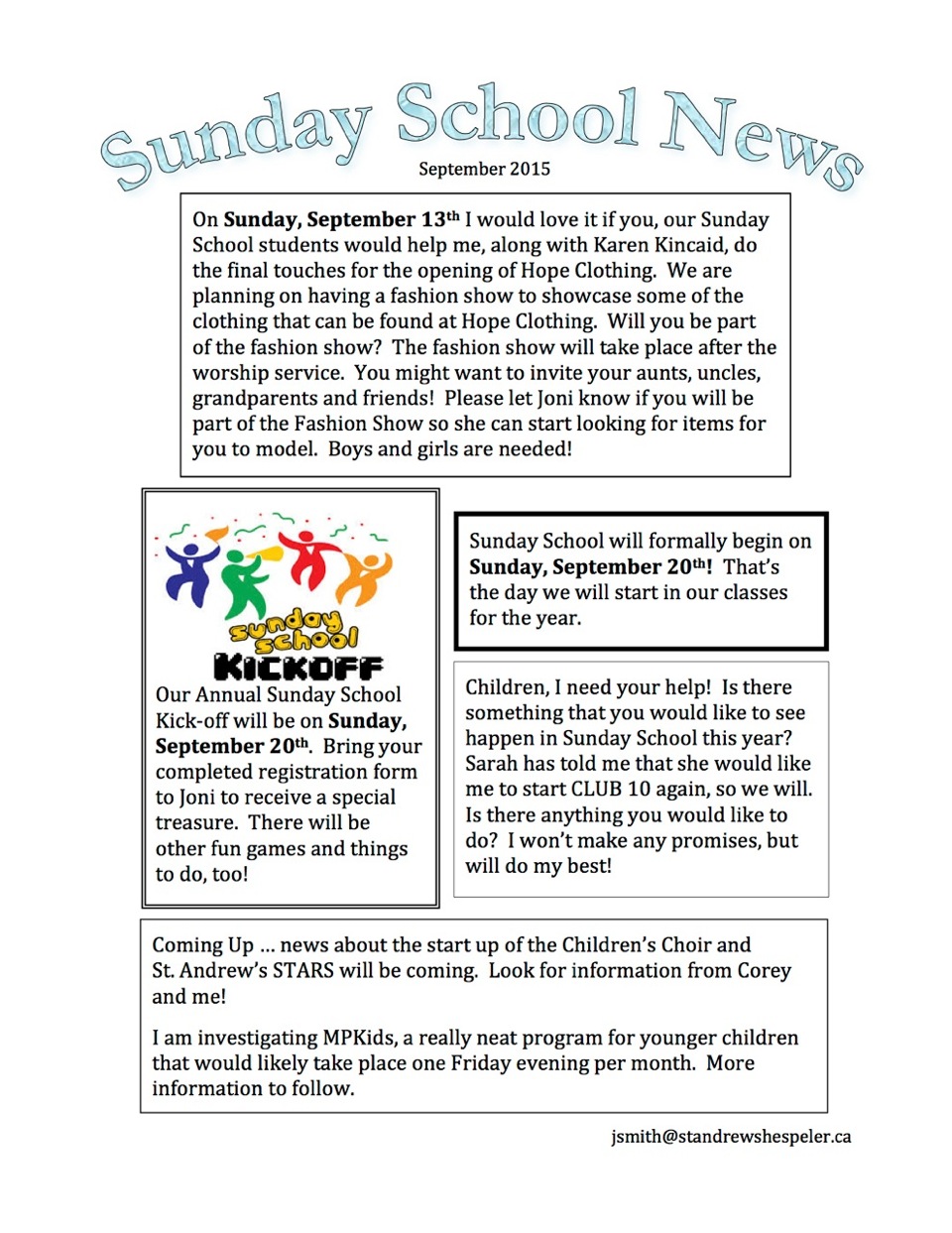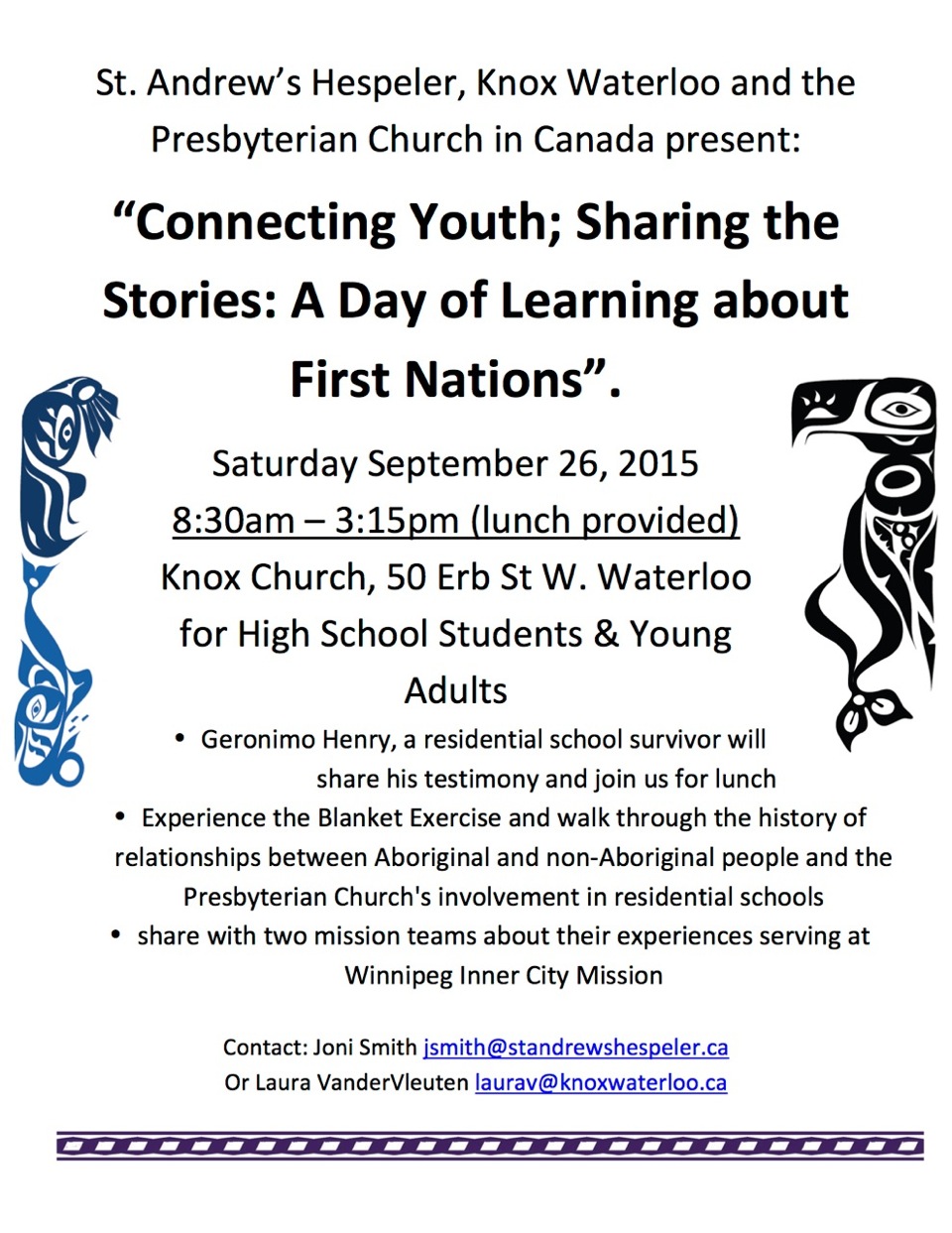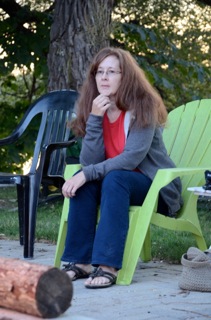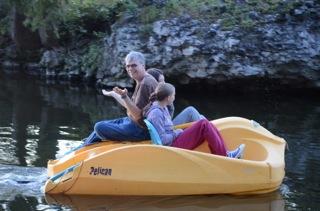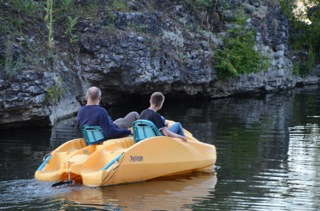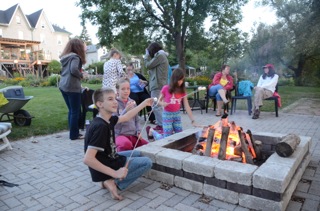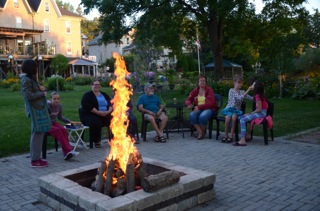St. Andrew's Hespeler is entering its 160th Anniversary!
In the coming year we look forward to hearing and sharing stories about our past.
We also will be sharing some photos with you.
Please stay tuned for more updates, events and fun throughout the coming year.
The first date for you to mark on your calendar is our Anniversary Weekend, October 24 and 25. We are very excited to welcome Rev. Karen Horst (Moderator of General Assembly, 2015) as our guest preacher for worship on October 25th. More details need to be confirmed about the weekend, so come back often to check for updates.
To start, here are 3 photos to enjoy!
Can you name the people in them? Send names and comments to Joni (jsmith@standrewshespeler.ca)
Have fun taking a stroll down memory lane!






